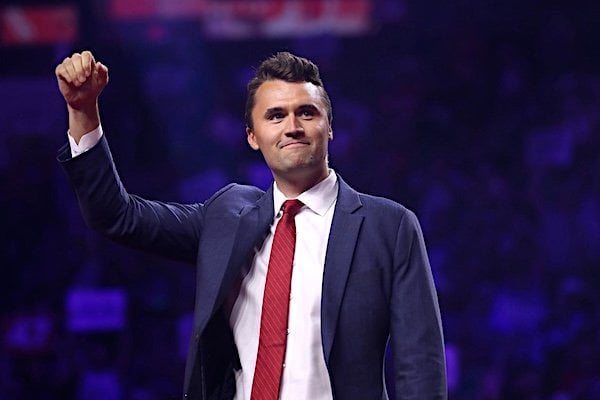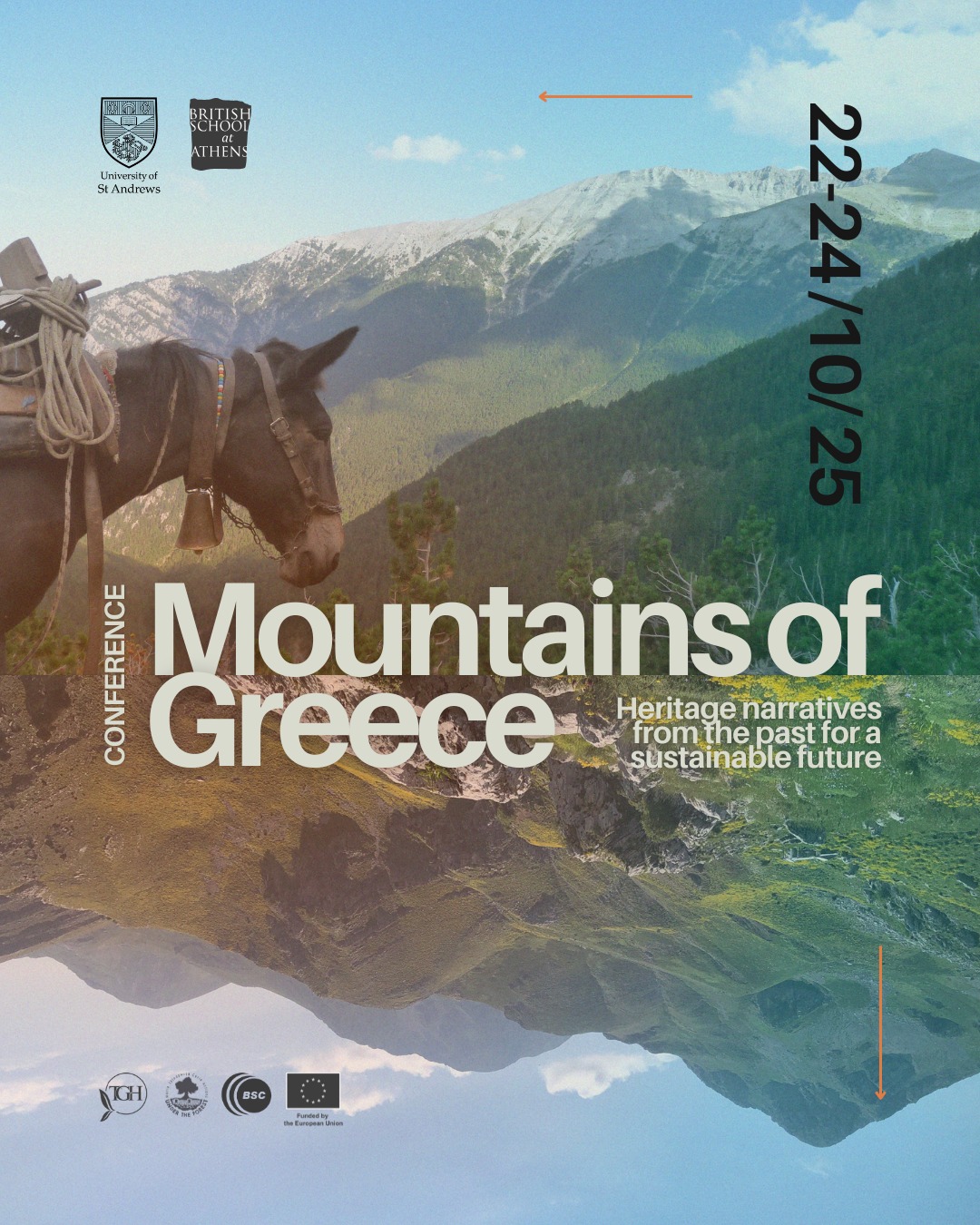
Tiwa Savage, often hailed as the Queen of Afrobeats, is stepping into a bold new chapter with her debut R&B album, This One Is Personal. Over two years, she poured her heartbreak, growth and resilience into a deeply emotional project that blends smooth R&B vibes with her Afrobeats roots.
Recorded across Nashville, London and Lagos, the album takes listeners on a journey through heartbreak, healing, and self-discovery. With live instrumentation and a vulnerability she’s rarely shared, this is Tiwa Savage like you’ve never heard her before.
Billboard talked to Tiwa about what makes this album so personal, how London and Lagos shaped her sound, her love for classic R&B, balancing Afrobeats with vulnerability, collaborating with Skepta, and what heartbreak and success look like to her right now.
You’ve been crowned the “Queen of Afrobeats” for years — but now you’re stepping into R&B with This One Is Personal. What made now the right time to make this transition?
I think I’ve always shown that R&B, or rhythm and blues, soul type of music, was really the anchor of how I got into music. I’ve always said I was gonna go back to doing this type of genre fully, with my full chest, ’cause I’ve dabbled in it a few times with my other projects.
But I went through a really hard breakup, and it was during the time that I was due to record this project. It just felt like the right time for me to pour out my heart, and this genre was the only way I could really express myself musically with what was going on in my life at the time.
So it just felt like the right time. It felt like I was heartbroken into it.
The title itself, This One Is Personal, suggests intimacy. What does “personal” mean for you in this moment of your career?
It means letting the fans see a more vulnerable side of me. They’re used to seeing the African bad girl, the sassy, very confident woman — but this time around I’m allowing them to really see me in my really vulnerable state, in my true form.
Even on social media, I do a lot of content where I’m not wearing any makeup and I’m just speaking directly to the camera, letting them see that side of me.
This part of my career, this part of my life, is very personal, and I’m letting the fans see that side.
You’ve just moved back to England. How has being back in London influenced the way you approached this album?
I spent a long time in the UK growing up. It was actually in London that I really fell in love with music, when I first got introduced to soul and R&B.
Going back to London was a full-circle moment for me recording this album, because it felt like home. Nigeria will always be home, but the U.K. is also like a second home for me.
To be honest, I recorded this album in different places — Nashville, San Fran, Malibu, Nigeria, and London. But the U.K. was a full circle moment, because that’s where I first fell in love with music.
R&B has always been a love of yours — you’ve mentioned Brandy, Tamia, and 90s R&B as key influences. How did those inspirations shape the sound of this project?
Oh, you’ll hear the nostalgia on a lot of songs on the album. Even just in the vocal layering and harmonies, especially the layering. The intro to my second single with Skepta, “On the Low,” really gives an ode to Brandy. Her vocal layering is just impeccable, and that was me paying homage to her. Lyrically, you’re going to hear all the influences across this project.
The first single, “You 4 Me,” samples Tamia’s “So Into You.” Why was that song the right one to reimagine for this album?
There were so many, but that one… I don’t think there’s anybody that hates that record. It’s just one of those records you put on, it feels like summer, like barbecues, cookouts, parties. It just feels amazing.
Like everybody else, I’ve always loved that record, and it was such an honor for me to sample it. It just felt right. I’ve always loved it, and I was so honored that I was able to use it and that the sample was cleared for me.
Which version do you prefer? The one with Fab or the original?
The one with Fab — there’s just something about that one, man. I mean, the original is the original, but the one with Fabolous is just… ooh, that one. There’s not much difference, though. I don’t know, there’s just something about the way he comes in. It’s incredible.
“I’m Done” is such a raw and emotional track — I heard you even had to stop recording to cry. How important was it for you to allow that kind of vulnerability into your music?
Initially, we weren’t gonna use that song. It was off the project because I felt like it was too much, too deep. I wasn’t sure if it was too personal for anyone else to connect with.
Eventually, the more we talked about the project and the songs that were gonna make it, everybody was like, this song has to make it, and it has to be the first song. It sets the pace for what I’ve been going through.
Initially, it was hard for me to include it. Even now, when I listen to my project, sometimes I have to skip it because it takes me to a certain place that’s still really deep… But I’m so happy so many people are connecting to it. Even though it was so personal, they’re able to relate. So many people hit me up saying that record hits them so hard. I’m so thankful I put it in the project.
Afrobeats is still at the heart of your artistry. How did you balance staying true to your roots while exploring the R&B space?
I think I’m such a versatile artist, and I think that if I’m doing something, it doesn’t feel forced or it feels authentic to me.
So I am able to wear the hat of doing Afrobeat, and I’m able to do R&B and do it authentically, do whatever kind of genre I’m dabbling into. I make sure that it’s something that’s authentic to me.
So it wasn’t very hard for me because, like I said, I grew up in the U.K. I moved to the U.S. as well at a very young age. R&B and soul has always been part of my musical catalog growing up, so it wasn’t hard.
You’ve often been the “first” — the first woman in many Afrobeats spaces, the first to break certain barriers. What has carrying that responsibility taught you about resilience?
It sounds great when people say, you know, you were the first to do this, and you were the first — but it’s actually difficult because, in essence, you are the scapegoat. You are the experiment. You are the one that goes to do certain things first, and you oftentimes get criticized for it… And then, if you don’t give up and you become successful, then it’s easier for the next person.
It hasn’t always been easy being the first to do many things or wearing the hat of the first to do many things because, again, it wasn’t done before. I had a lot of people question it, or they didn’t believe it could be done, so oftentimes it was hard.
But now, looking back, I think I’m just grateful to God — to whom much is given, much is expected… I guess they say you make it look easy, but it wasn’t easy.
And how did it feel?
It was pressure. I’ll give an example: When I first moved back to Nigeria, I was doing Afrobeat. I’m a lover of tattoos. I have a full sleeve, tattoos everywhere. In my culture, that’s not for a woman anyway, it’s not done. And I was one of the first, I would say, women in the industry, in my culture, to do that.
And I was met with, “You’re gonna go to hell,” and this Bible verse, and this, and, you know, “You are a bad example to young females looking up to you.” Those are the kinds of things I was met with.
Or, being an ambassador for a certain product, and people thinking that women would not sell certain things, so you have to convince the company that, “I have fans, and people will come out, or people will spend their money if you use me as an ambassador.”
So, it was a lot of pressure. It was a lot of convincing, not to the fans, but convincing the gatekeepers or the companies, so to say.
There’s a lot of talk about “passing the torch” in Afrobeats. But you’ve said you’re not ready to retire — that women can stand together instead of competing. How do you see your role among today’s new generation of African women artists?
I love it. I feel like there’s space for everyone. I think that’s the thing, I don’t think anybody’s speaking to the male artists and saying, “You guys have to retire so that the other male artists can come up.”
It’s like it’s understood that they can all coexist. But for some reason, with women, It’s like there can only be a certain two at a time. And that’s one of the things I’m trying to fight against, that’s not the case. You can have a Tiwa Savage, a Tems, an Ayra Starr, a Bloody Civilian, all coexist in the same space.
‘Cause, you know, I have my audience who have grown with me over the years — and imagine I just stop singing and stop feeding them with music. What do they listen to? I think we can all coexist.
You’ve collaborated with icons like Beyoncé, Brandy, and Nas — and now Skepta on this project. What have you learned about the power of collaboration across cultures?
I think it’s the future. I think collaboration is so, so important. One, because it brings different people of different genres together. Someone like myself and Skepta, we don’t do the same genre of music, but the song is amazing, you know. And I think that’s the future.
I think tapping into different people’s audiences, or you bringing your audience and me bringing my audience and coming together, I think collaboration is key. I think it’s really important for bridging the gap between genres and culture as well.
This album explores heartbreak, healing, and self-discovery — universal themes. But through your lens as an African woman, how do you think that perspective adds depth to the R&B conversation globally?
I think that’s easy. I think that just further proves that we’re all human, and music — whether you speak my language or not, music is a spiritual thing. So it further proves that we all go through the same things: heartbreak, healing, self-discovery, like you said, whether I’m an African woman or not.
And I think that’s the beauty of it, where someone in Australia who’s not of African descent can relate to my music. It’s something that I went through all the way across the globe, you know? I think it just proves that music is universal.
Afrobeats has exploded worldwide, but now you’re helping build a bridge between Afrobeats, R&B and U.S. audiences. What do you hope listeners in the diaspora and beyond take away from this project?
What I wanted to prove to myself is that I can’t just be limited to Afrobeat. Especially with my background — I studied jazz at Berklee College of Music and got into music through R&B and soul. I think the lines between genres are becoming so blurred. It’s hard to say one artist is doing just one thing, especially with the amazing thing Beyoncé just did with the country album — proving that as an artist, you can really do anything.
I think that’s important for us as African artists. We don’t want to be boxed in, saying we can only do Afrobeat. Music in general, R&B, soul, blues, jazz, if you trace it back, it all comes from Africa. That’s the home of modern-day music anyway. That’s why we’re able to do Afro-swing, Afro-hip hop, Afro-pop, or whatever subgenre you want to call it.
In my contribution, I want to show the world that as an African woman, I can do Afrobeat — but I can also do rhythm and blues, and, again, do it authentically.
You’ve called this your “heartbreak album.” What do you hope fans who might be going through their own heartbreaks will feel when they hear it?
I hope they feel the pain that I went through but also feel hope when they listen to a song like “Change,” which is the last song, featuring James Fauntleroy. Ultimately you’ll get through it no matter how hard the situation is ’cause my situation, it felt like the end of the world for me. It felt like I couldn’t — it was so hard, it felt like a spiritual attack. I want them to feel how much pain I went through. But then, at the end of the project or the end of the album, listening to songs like “Change,” knowing that I was able to get through it.
There’s hope. And no matter what it is, you will, you will get through it. And it sounds cliche, but it’s cliche because it’s true. You will get through it.
Looking back, what moment in your career prepared you most for this project?
Oh, nothing. I don’t think anything could prepare you for heartbreak. Nothing. I was not prepared. I think that’s why it hit me so hard. And it wasn’t even just heartbreak, I was in a space in my life where I had been in the industry for a long time. That situation forced me to look at myself and ask, “What next?” and put myself first.
There were a lot of moving parts, and I lost friendships too. When you’ve been used to saying “yes” to so many things, the minute you start saying no, you actually lose friends. You realize maybe some of those people weren’t really friends in the first place.
So it wasn’t just heartbreak, it was a turning point in my life. But maybe it’s a good thing that nothing prepared me for it.
You’ve accomplished so much, but you’ve said you still feel like you have more to prove to yourself. What does “success” look like for Tiwa Savage at this stage of your journey?
You know, I would say initially, with most artists — when you’re starting out, you’re thinking, “I want to make billions of streams, I want to win 20 Grammys, I want to perform in stadiums.” And I still want to do that, by God’s grace.
I’m not being corny or capping: When I’m standing on stage, no matter how big or small, and I see the people in front singing word for word — or I go to a place like New Zealand, and see people who I had no idea even knew me, singing songs that aren’t even my popular ones, just songs from albums and they’re singing word for word — that is success to me.



